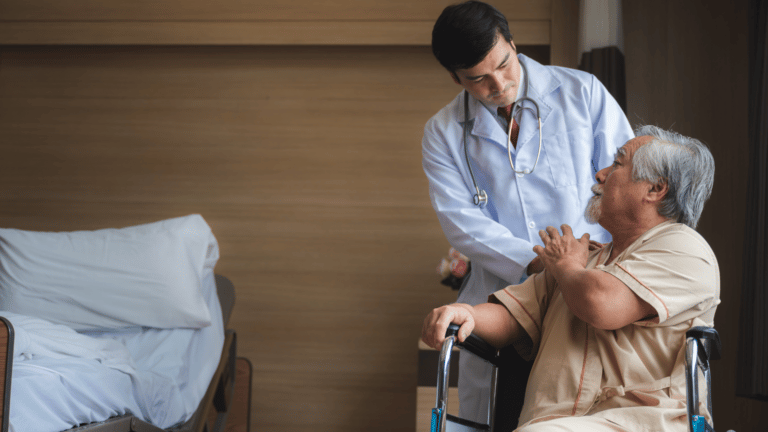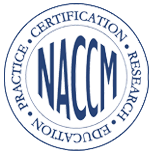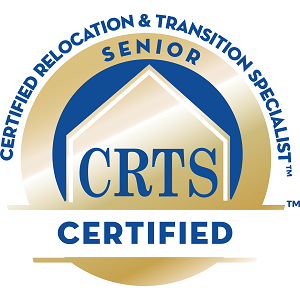Honoring Patient Safety Awareness Week
Navigating healthcare can be a complex journey, particularly for the senior population, where the stakes of patient safety are at their highest. Ensuring their safety is about safeguarding the dignity and well-being of some of the most vulnerable members of our community. As we begin the week of March 10-16, we observe Patient Safety Awareness Week, an essential period dedicated to highlighting and enhancing the safety of patients across all age groups, with a particular focus on seniors. This article will explore why Patient Safety Awareness Week is so crucial, especially in the context of senior care.
What is Patient Safety Awareness Week?
Patient safety is a critical aspect of healthcare, referring to the prevention of errors and adverse effects on patients associated with health care. It encompasses a range of practices and protocols designed to protect patients from harm, particularly in medical settings where they are most vulnerable. This concept becomes increasingly significant when dealing with the senior population, whose health situations can be more delicate and complex.
Patient Safety Awareness Week, observed this year from March 10-16, is a dedicated period that brings national attention to the issue of patient safety. Its primary purpose is to foster a culture of safety in healthcare for patients and healthcare professionals alike. This week serves as a reminder and an opportunity for healthcare providers, patients, and their families to learn more about healthcare safety, share best practices, and commit to making patient safety a top priority.
The focus of this week is not only on raising awareness but also on encouraging active participation in improving safety measures. It’s about hospitals, clinics, care facilities, and even families coming together to review practices, discuss challenges, and implement strategies that can make a real difference in the safety and well-being of patients, particularly the elderly.
The Importance of Patient Safety for Seniors
Patient safety is critically important for senior patients due to their increased vulnerability to medical errors and complications. As individuals age, they often encounter a variety of health issues, leading to more frequent interactions with healthcare providers and an elevated risk of adverse events. The complexity of managing multiple health conditions, each with its own set of medications and treatments, significantly increases the potential for drug interactions and side effects.
Age-related factors add another layer of risk. Seniors may experience changes in how their bodies respond to treatments and medications, requiring a more nuanced approach to their healthcare. Moreover, challenges in communication or cognitive decline can impede their ability to follow medical instructions or report symptoms, further complicating their care. This makes meticulous, personalized management of their health needs essential.
Ensuring patient safety for seniors means preserving their dignity and quality of life. It involves creating a healthcare environment that is not only safe and effective but also respectful and responsive to the unique needs of the elderly. In doing so, the healthcare system demonstrates a commitment to delivering care that upholds the highest standards of safety and compassion for its most vulnerable patients.
Practical Tips for Ensuring Patient Safety for Seniors
Ensuring patient safety for seniors involves proactive measures and practical strategies that can significantly reduce risks. This section offers valuable tips for seniors, caregivers, and families to help maintain safety, particularly in areas where seniors are most vulnerable.
Medication Management
Medication management is a key aspect of patient safety for seniors, who often take multiple medications. To avoid the dangers of incorrect dosages or harmful interactions, seniors can use pill organizers to keep track of their medications. These organizers can help ensure that medications are taken correctly and at the right times.
It’s also crucial for seniors to have a clear understanding of their medications, including potential side effects and interactions. This can be achieved through regular consultations with healthcare providers or pharmacists. Keeping an updated list of all medications, including over-the-counter drugs and supplements, and sharing it with all healthcare providers can help in monitoring for interactions and ensuring overall medication safety.
Fall Prevention Strategies
Falls are a significant risk for seniors, often leading to serious injuries. To reduce the risk of falls, implementing home modifications is essential. This can include installing grab bars in bathrooms, ensuring good lighting throughout the home, and removing tripping hazards like loose rugs.
Balance exercises and physical therapy can also play a vital role in fall prevention. Regular exercise helps improve strength and balance, making falls less likely. Seniors should consult with their healthcare providers to find suitable balance and strength exercises that match their health status and mobility levels.
Effective Communication with Healthcare Providers
Clear and open communication between seniors and their healthcare providers is pivotal for ensuring patient safety. It’s essential for seniors to be active participants in their healthcare discussions, which includes being prepared for medical appointments. Writing down questions and concerns beforehand can help seniors remember to address all their points during the consultation. Additionally, bringing a family member or caregiver to appointments can provide support and help in understanding complex medical information.
Understanding treatment plans is another critical aspect. Seniors should feel empowered to ask for clarification on any aspect of their care they do not fully understand, whether it’s about medication, procedures, or follow-up care. Healthcare providers should be encouraged to explain things in simple, jargon-free language and to provide written instructions when necessary. This clear understanding ensures that seniors can follow their treatment plans effectively and raise any issues or side effects they experience promptly.
Seniors should also be encouraged to advocate for their own healthcare needs. This means speaking up about their concerns, preferences, and experiences with their healthcare providers. It involves being honest about symptoms, discomforts, and any challenges they face in following treatment plans. Self-advocacy is crucial in ensuring that healthcare services are tailored to their specific needs and circumstances.
Caregivers play a vital role in supporting this advocacy. They can help seniors articulate their needs and concerns, especially in situations where the senior might find it challenging to communicate effectively. Caregivers can also help monitor treatment progress and alert healthcare providers if a senior’s health status changes or if they observe side effects from medications. This partnership between seniors, their caregivers, and healthcare providers is fundamental to ensuring that patient safety is always at the forefront of care.
Reflections’ Role in Enhancing Patient Safety for Seniors
At Reflections Management and Care, ensuring the safety and well-being of seniors is at the heart of what we do. Recognizing the unique challenges of aging in place, we dedicate ourselves to finding innovative solutions that allow seniors to live safely and comfortably in their own homes. This involves a personalized approach, where we assess each senior’s specific needs and living environment, crafting strategies that range from home modifications to comprehensive medication management.
Our team excels in fostering effective communication between seniors and their healthcare providers, ensuring that our clients’ voices are heard and their health needs are thoroughly addressed. We stand as advocates for our seniors, championing their right to a safe, independent, and dignified life in their own homes. Whether it’s through daily assistance, coordinating medical care, or providing emotional support, our aim is to empower seniors to live their best lives.
The Reflections team is ready to offer expert guidance and compassionate care tailored to meet the unique needs of each senior. Contact us today to explore how we can help create a safer, more comfortable living environment for you or your loved ones.














